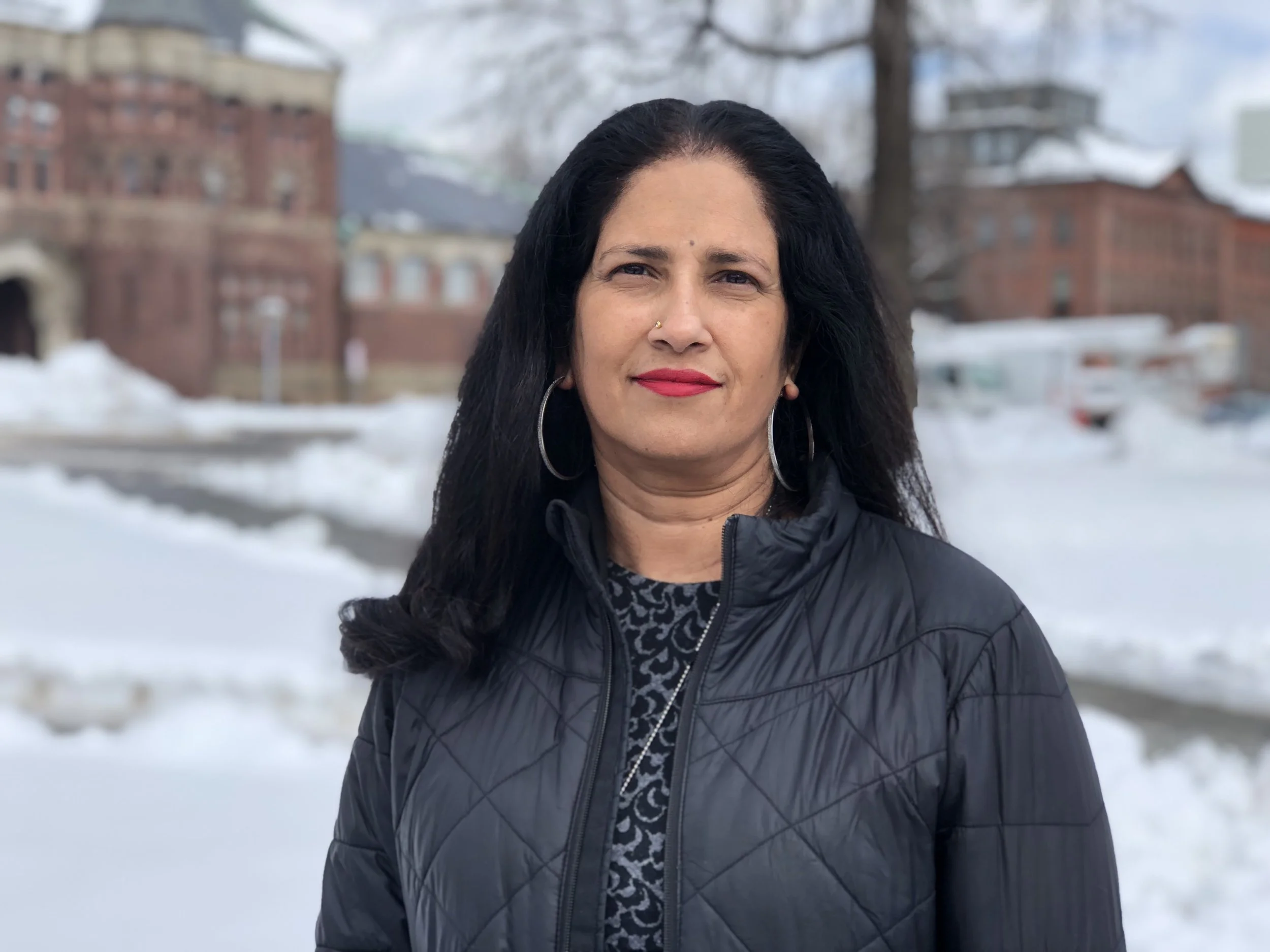Too Small to Fail: An Early Childhood Literacy Program Expands with New Funding
/photo: Karen Struthers/shutterstock
An initiative to encourage parents to talk, read and sing with their infants and toddlers recently received funding to expand at a San Francisco hospital following a promising evaluation of the program’s limited first run.
In the past, the Talking is Teaching program from the Clinton Foundation’s Too Small to Fail initiative received support from prominent Bay Area philanthropists and several big names in the early childhood development field. Now, the San Francisco General Hospital Foundation is stepping up with a $13,900 grant to expand the program to include all parents giving birth in the Zuckerberg San Francisco General Hospital.
Previously, Talking is Teaching was only available to families who visited the hospital’s outpatient pediatric clinic. Now, the approximately 1,200 families who give birth at the hospital will leave with Talking is Teaching resources and tips.
The resources encourage parents to talk, read and sing more with their young children, which research has found can be key in developing the neural pathways kids will need to learn to read. The materials come in several languages and encourage parents to talk, read and sing to their kids in whichever language they feel most comfortable.
The Clinton Foundation’s Too Small to Fail initiative is best known in the early childhood learning field for its work to help parents to nurture their children’s development at home. The initiative has worked with laundromats to provide books for parents to use while they do laundry. It’s also partnered with TV networks and producers to include educational storylines on popular TV shows to address the importance of early parental interactions with children.
The Clinton Foundation isn’t the only one working on this type of intervention. The Oakland-based Kenneth Rainin Foundation sponsored a public awareness campaign called Talk, Read, Sing, which encouraged parents to do just that with their young children. Jackie and Mike Bezos—parents of Amazon founder Jeff Bezos—support an app called Vroom, which also targets parents. The app provides tips and activities parents can do with young children to encourage the early development that’s so integral to long-term success.
Talking is Teaching is just another method the Too Small to Fail initiative has found to get essential information on early development into the hands of parents, kids’ first teachers. The expansion of the program follows a study that showed parents were 80 percent more likely to talk, read or sing to their kids after receiving the instructional materials. Before the program, 87 percent of parents reported talking to their young children and 81 percent reported singing to them; however, only 47 percent read to their kids.
After Talking is Teaching materials were distributed at the clinic, 62 percent of parents said they were going to read more often to their infants and toddlers. On top of that, 90 percent of parents said they read the children’s book included in the Talking is Teaching packet to their kids.
As it becomes increasingly clear how important the first few years of a child’s life are to her long-term success and development, foundations have been working to figure out how best to reach kids as infants and toddlers. This is especially important for kids with parents who have low incomes or education levels. Kids from those families start school already behind their more affluent peers.
At 18 months, disparities in a child’s vocabulary tied to parents’ income and education level start to appear, according to the Harvard Center on the Developing Child. By age three, kids with college-educated parents have vocabularies that are two to three times larger than those of children whose parents didn’t finish high school. This matters because it’s tied to how likely a child is to be reading at grade level by the end of third grade, which in turn correlates with how likely she is to complete high school or drop out instead.
However, talking, reading, singing and interacting with kids from an early age has been shown to close that gap. The long-term dividends of early interventions like these have driven funder interest in the early childhood learning field as they work to close gaps in education outcomes tied to wealth, race and neighborhood.
Talking is Teaching is no exception when it comes to attracting donors. Though the expansion grant from the San Francisco General Hospital Foundation is relatively small, other funders have backed the program in the past.
This effort dates back to 2014. Initial support came from Marc and Lynne Benioff, which supported its implementation at the UCSF Benioff Children’s Hospital in Oakland. Marc Benioff is the founder and co-CEO of the San Francisco-based Salesforce. He’s known for his personal philanthropy, especially in the Bay Area, and for prioritizing corporate giving at his company.
The Benioffs teamed up with the Heising-Simons Foundation, another Bay Area funder keen on early learning, to bring Talking is Teaching to the Zuckerberg San Francisco General Hospital’s pediatric clinic. Heising-Simons provided support for the program early on.
The George Kaiser Family Foundation also stepped up in 2014 to sponsor the program’s implementation in hospitals in Tulsa, Okla. That funder has been a pioneer in supporting early learning efforts, mostly focusing grantmaking within Oklahoma, George Kaiser’s home state.
In addition, Talking is Teaching has received support from the W.K. Kellogg Foundation, TomKat Foundation, Packard Foundation, Lisa and John Pritzker Family Fund, and the J.B. and M.K. Pritzker Family Foundation.
The Kellogg Foundation is a big supporter of programs that support kids and their families. Early childhood education is a big priority of theirs. J.B. Pritzker is well-known to anyone familiar with early childhood education work. The Hyatt Hotel heir is one of the field’s most vocal and generous supporters.
Reaching out to parents directly is among an expanding range of interventions and initiatives in the early childhood learning field that are attracting new philanthropic support. Other funders may work with schools to bolster pre-K and kindergarten classes. Others are working to make high-quality childcare available.
Among the groups trying to reach parents, though, Too Small to Fail is worth keeping an eye on. By drilling down on the interaction between parents and children, the initiative is finding new and innovative ways to connect with families.
Related:







































